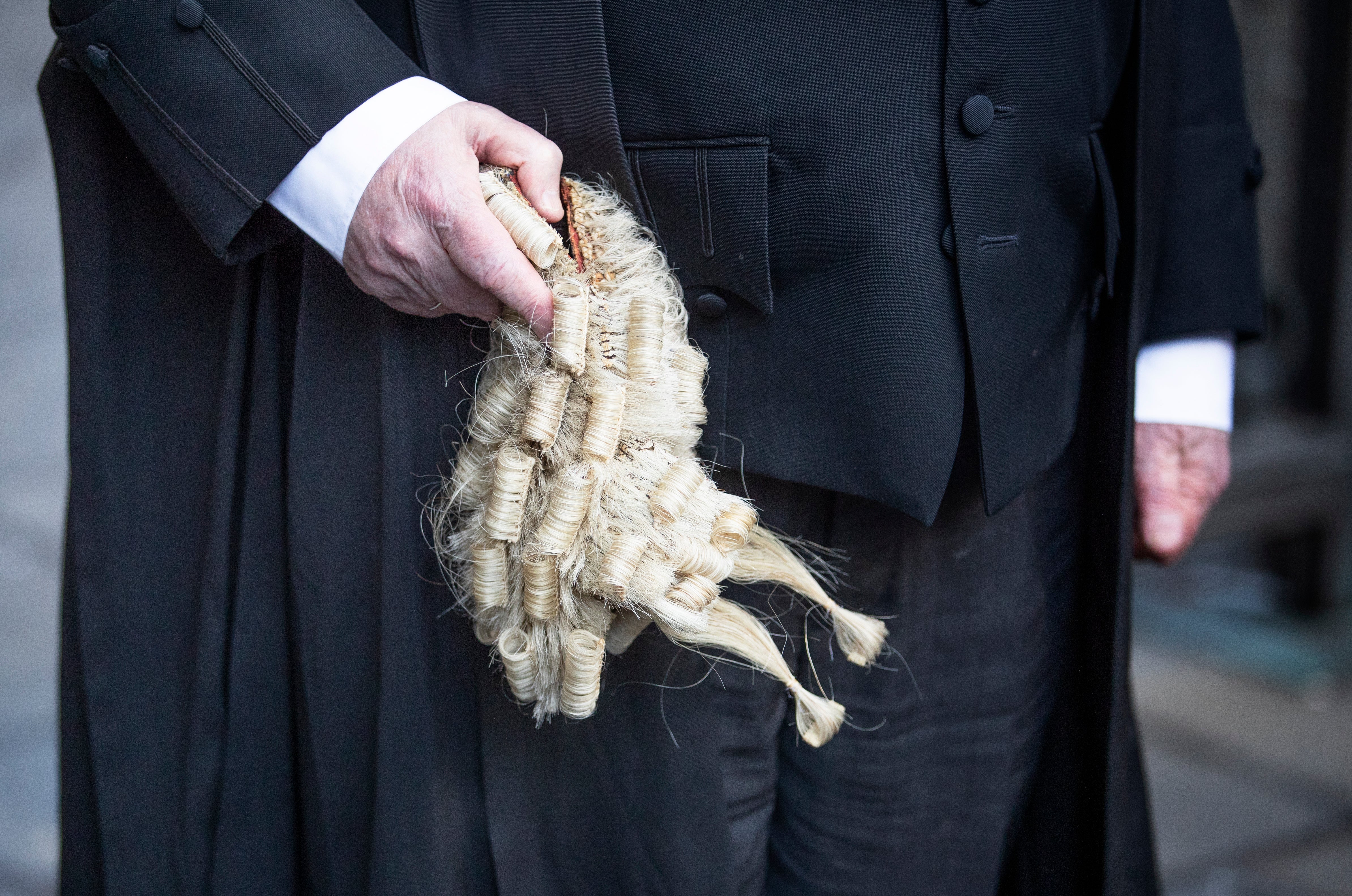Government consultation considers whether to abolish not proven verdict
The consultation will also consider jury size, the majority required for a verdict and the corroboration rule.

Your support helps us to tell the story
From reproductive rights to climate change to Big Tech, The Independent is on the ground when the story is developing. Whether it's investigating the financials of Elon Musk's pro-Trump PAC or producing our latest documentary, 'The A Word', which shines a light on the American women fighting for reproductive rights, we know how important it is to parse out the facts from the messaging.
At such a critical moment in US history, we need reporters on the ground. Your donation allows us to keep sending journalists to speak to both sides of the story.
The Independent is trusted by Americans across the entire political spectrum. And unlike many other quality news outlets, we choose not to lock Americans out of our reporting and analysis with paywalls. We believe quality journalism should be available to everyone, paid for by those who can afford it.
Your support makes all the difference.A consultation on the controversial not proven court verdict and whether it should be abolished has been launched by the Scottish Government
Unlike in most countries, Scottish criminal trials have three verdicts are available – guilty, not guilty and not proven – with the legal implications of the last one the same as a not guilty verdict.
In its consultation paper the Scottish Government said a “strong case” can be made for abolition of the not proven verdict, but added that many people object or highlight the complex impact it could have on the wider Scottish criminal justice system.
It is asking for views from members of the public, as well as the legal sector, third sector and those with direct experience of the justice system.
The consultation is also considering whether, if the not proven verdict were to be abolished, any accompanying reforms would be necessary to other aspects of the system including jury size, the majority required for a verdict and the corroboration rule.
Justice Secretary Keith Brown said: “It is vital that Scotland’s justice system is fair, transparent and meets the needs of modern society.
“The Scottish Government recognises there are strong opinions surrounding the three-verdict legal system – but that does not mean we should shy away from a detailed and extensive consultation on this unique aspect of our justice system.
“We will take an open and consultative approach to these complex matters and – as part of this consultation – seek to capture the views of a broad range of stakeholders including legal professionals, the third sector and those with lived experience of the system.
“This Government has no settled view on potential next steps and I want to listen to what consultees tell us before we weigh all the evidence and reach a decision.”
Opponents of the not proven verdict say it is incompatible with the presumption of innocence and may lead to an acquitted person being stigmatised, and that it allows jurors to compromise and “sit on the fence”.
Others argue that the verdict is an important safeguard that reduces the risk of wrongful conviction, and say the current system works well and there is no evidence it needs to be changed.
The verdict has been criticised due to the higher rates of not proven acquittals in rape and attempted rape cases, although the consultation paper notes that these cases have the highest “total acquittal rate” of any crime.
Some campaigners have suggested the existence of the third verdict may contribute to the acquittal of defendants who committed the offence, and causes particular trauma to victims.
Separate independent jury research published in 2019, and later engagement on the findings, highlighted inconsistent views on the meaning and effect of the not proven verdict and how it differs from not guilty.
The Scottish Government committed in its recent Programme for Government to launch a public consultation this year on the three-verdict system and whether the not proven verdict should be abolished, and to also consider reform of the corroboration rule.
The consultation – at consult.gov.scot/justice/not-proven-verdict/ – will run until March 11.